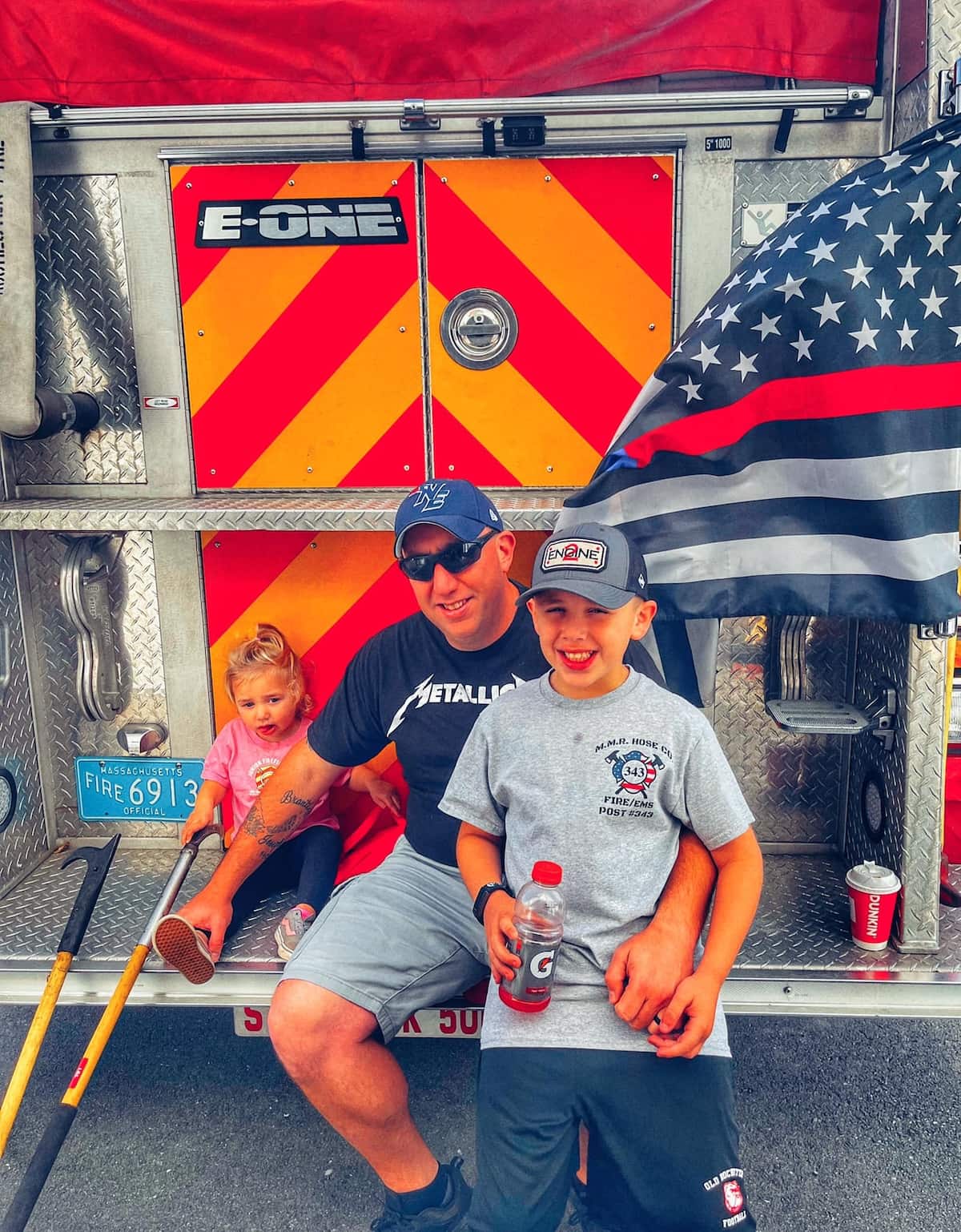Maintaining a healthy and happy household can be extremely difficult. With some families working multiple jobs, having multiple children, the smallest of issues can become a stressor that pushes people over the edge emotionally. As you drive down the street or look at all the homes in your neighborhood, its safe to say we forget sometimes that everyone has stress and no one is living in a 100% stress free environment. You and your friends can relate to many issues, children at school, finances, car problems, and some spouse issues.
But being a first responder spouse, you automatically inherit another full line of responsibilities, concerns, and issues. When your spouse attends an academy, there’s no discussion with the spouse regarding what’s to come. No class for you to attend, no lecture or even handout given that can explain how being with or living with a first responder can ultimately affect your household moving forward. As the new wave of life comes into the home, it can be a lot to figure out on your own. Long shift work, forced overtime, missed holidays and birthdays, and not to mention exhausted and stressed out first responders.
As there is no training to prepare a first responder spouse on what is to come, there is also a major lack of training for the first responder to understand how to balance the work/life ratio, especially when traumatic and stressful incidents start weighing them down. The lack of training then creates a hostile home life, neither side understands the others complaints. Their major stress factor for the day can not be anyway equal to what you dealt with. How can a spouse with no emergency response background comprehend what there loved one is going through? It is no different than how a random stranger on the street can not comprehend it either.
As things change, spouses can feel extremely left out. Many departments and organizations do not hold family days or gatherings where the spouses and children of first responders can come together. This creates a lack of friendships or bonds that spouses should have with other first responder families to help guide and support each other. Even if there are friendships built, a spouse may not feel comfortable talking about their hectic lifestyle because they fear being judged or to be looked at as a family having problems. Maybe they don’t want to bring any attention to the first responder at work so they try and hide the issues at home by not talking about them. Last thing any spouse wants to do is add stress to an already high stressed loved one.
A first responder family should be able to live in a happy normal. A normal that may not be the same as others but more special because of the work their spouse does on a day-to-day basis. Both sides understanding the responsibilities they bear every day. Recognizing how their spouse has changed and trying to bridge the gap of work and home. Being able to recognize changes in personality and when life is really weighing them down. As hard as it is to be a first responder, its just as equally hard to be a first responder spouse.
Spouses need support just as much as first responders. The roles may not be the same but the stress can be just as equal. Its important that spouses have an outlet, a friend, a peer, someone they can talk to when things get tough. Realizing they are not alone, they have a support system that can lend an ear, an opinion, or maybe even a strategy to help guide them forward. Supporting the ones behind the line and at home is just as important as supporting those crossing the line.

What is Behind the Line Support?
Behind the Line Support was founded in 2025 after the founder was diagnosed with severe C-PTSD after working 24 years of continuous service as a first responder. After searching for resources and realizing they were very limited, it became apparent there needed to be a change, a community needed to be born.
